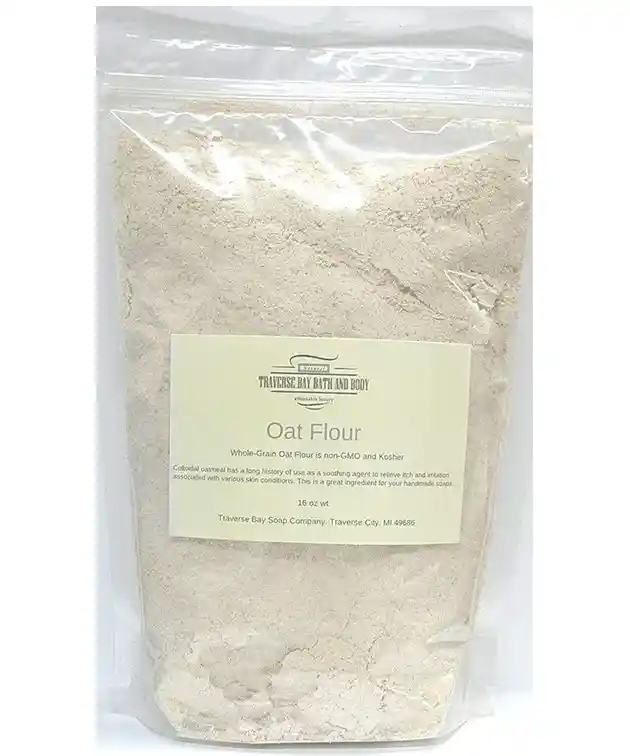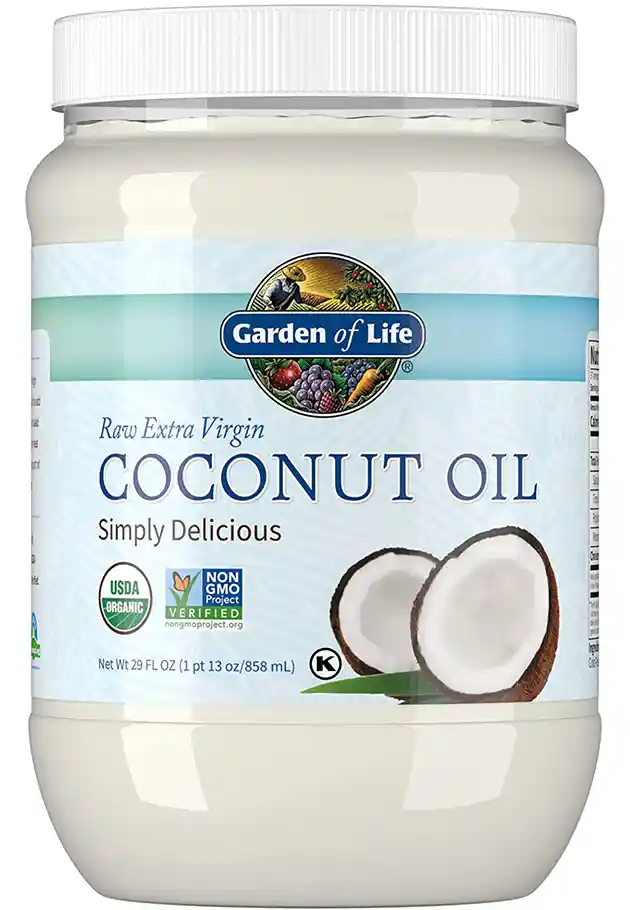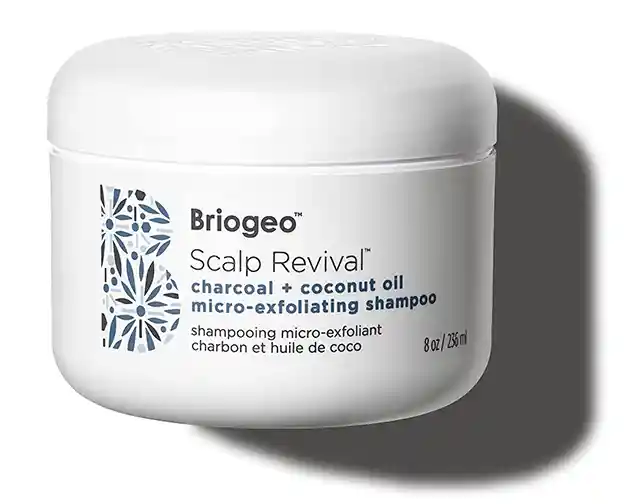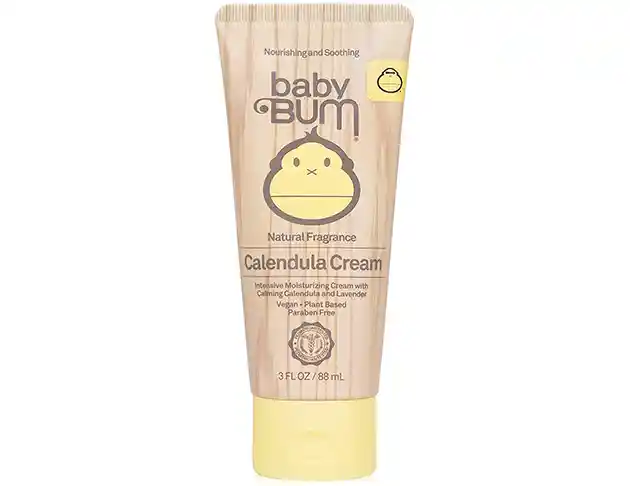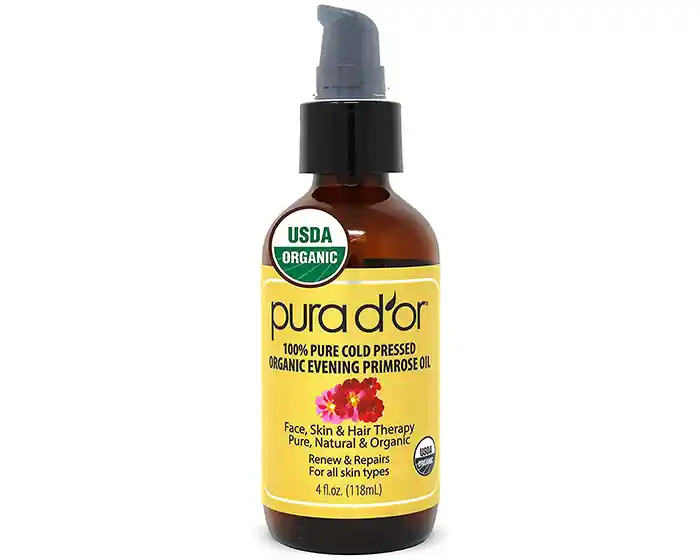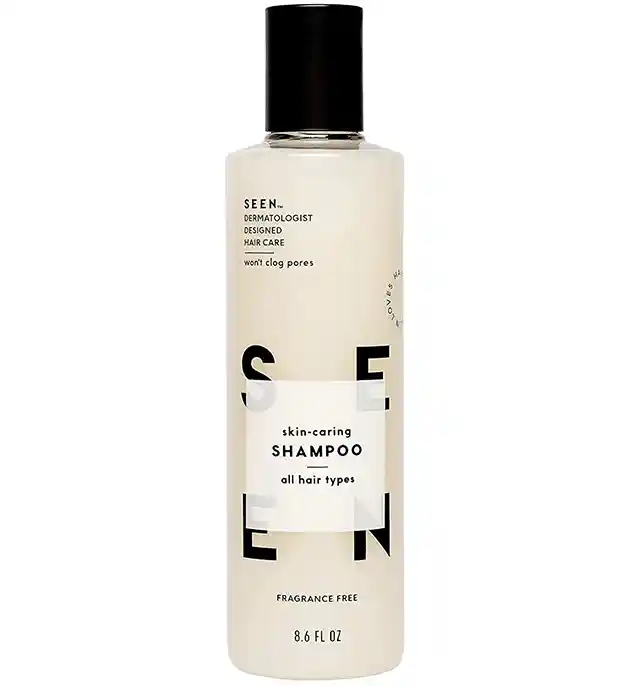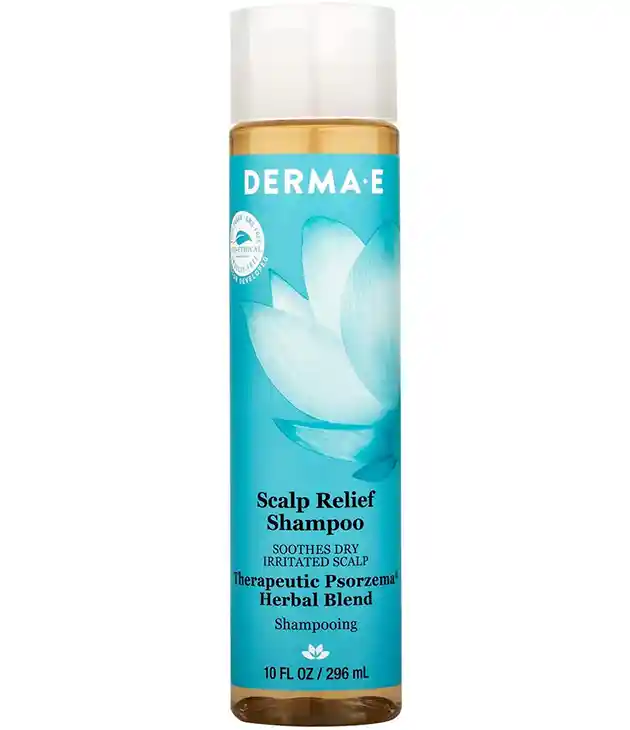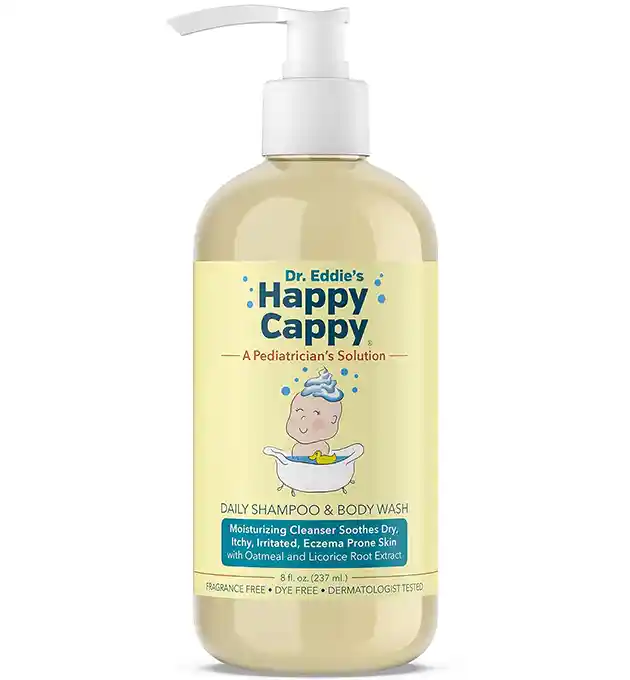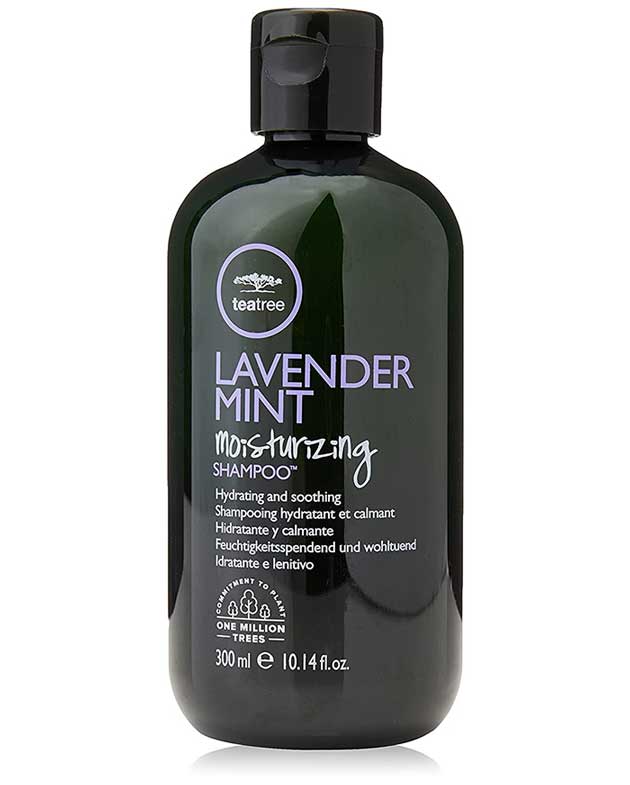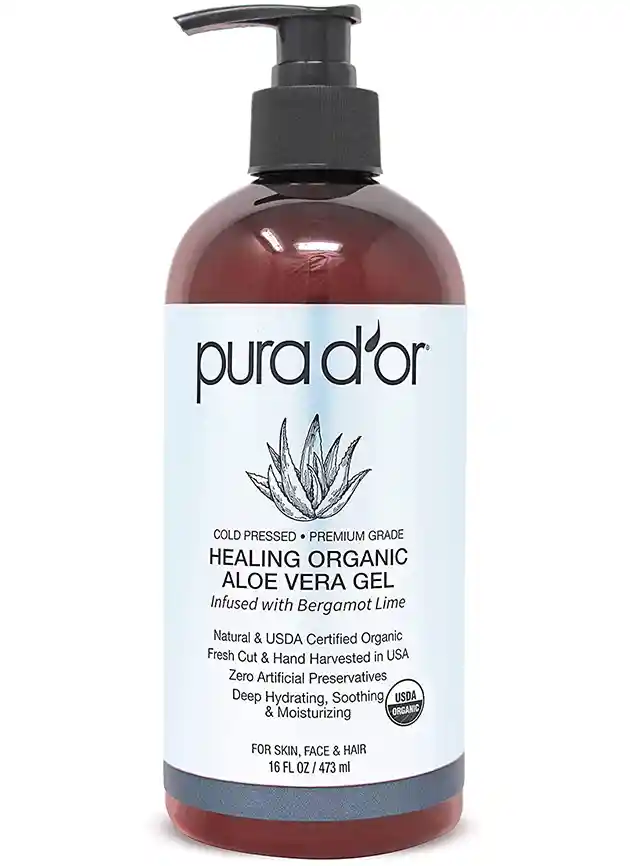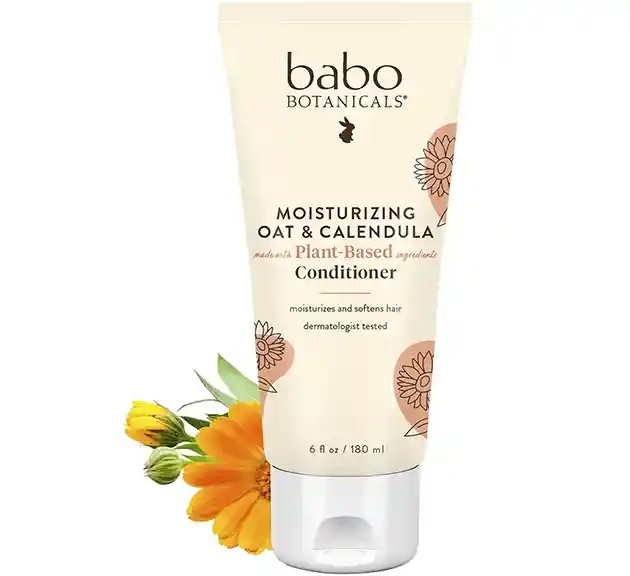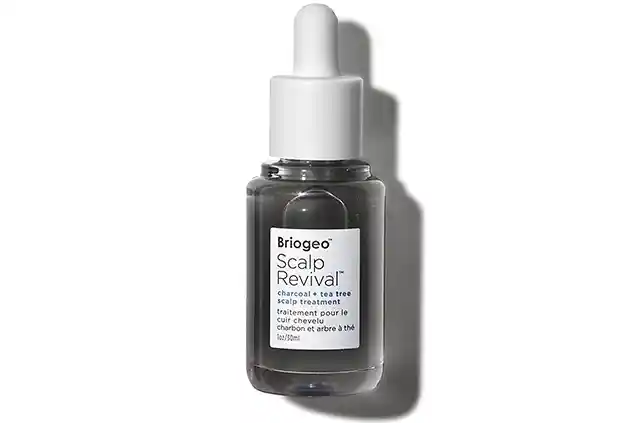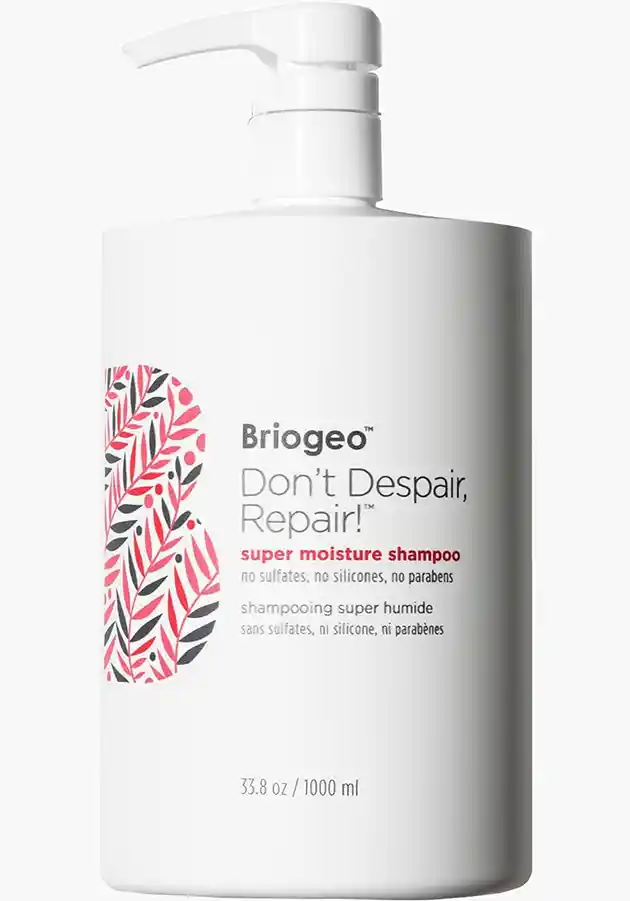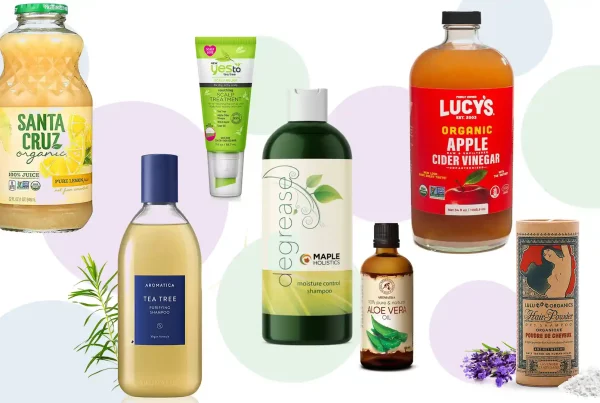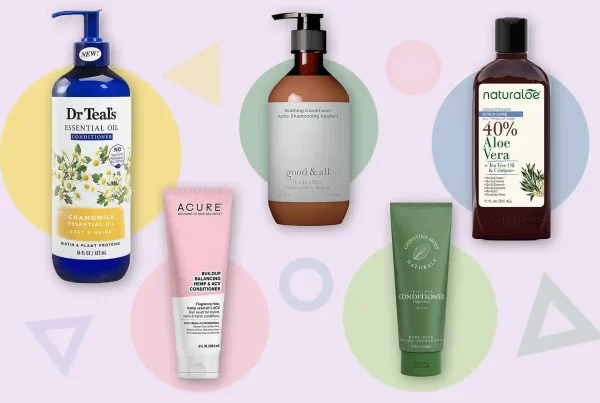Eczema can be challenging to diagnose, especially when it occurs on the scalp where it resembles common dandruff. However, it can be more severe and potentially lead to scalp infections. Managing scalp eczema involves reevaluating the hair products we use. This article explores the best vegan hair products specifically designed for managing scalp eczema.
We may earn commissions from links on this page, but we are independent and only feature vegan hair products we truly believe in. Why trust us?
What is Eczema?
Eczema is a chronic skin condition affecting various body parts, including the scalp, face, ears, upper back, elbows, and knees. Its typical symptoms are dry, itchy, and flaky skin. On lighter skin tones, eczema manifests as scaly patches with yellow or red discoloration, while on darker skin, it presents as light or dark areas.
What Causes Eczema?
Scalp eczema can stem from multiple factors:
- Exposure to certain chemicals in hair products (shampoos, conditioners, gels, sprays, dyes, extension glue, perm solutions, fragrances)
- Neurological diseases (e.g., Parkinson’s disease)
- Mental health issues (depression, eating disorders)
- Immunosuppressive conditions (e.g., HIV)
- Excessively oily skin (too much unsaturated fatty acids on the skin)
- Certain medications (e.g. immunosuppressants, dopamine antagonists)
- Nickel or rubber hair accessories (clips, headgear, swimming caps, hair nets)
- Cold or dry climates
Types of Eczema
Eczema is common, affecting 10% of the population at some point. The scalp can become painful during flare-ups. While atopic eczema is the most prevalent, other types include seborrhoeic dermatitis and contact dermatitis (irritant and allergic). Each requires specific attention to prevent infection.
Advice #1: Treat Flares & Flakes
Natural and vegan ingredients can effectively manage scalp eczema.
- Colloidal oatmeal soothes inflamed skin.
- Coconut oil, with antibacterial properties, helps prevent infection.
- Calendula, traditionally used for inflammation, improves skin health.
- Evening primrose oil, applied topically or orally, may reduce inflammation.
Apply treatments directly to the scalp, not the hair. If symptoms worsen, consult a dermatologist.
Colloidal Oatmeal
Traverse Bay Bath & Body
- 100% colloidal oatmeal
- Supplies for do-it-yourself and crafters
- Vegan, cruelty-free
- 32 oz / 907 g
What Customers Say About This Colloidal Oatmeal
👍 Pros:
- Effective for Skin Conditions: Users report significant improvement in eczema and dry skin, particularly when used in baths.
- Texture and Quality: The fine grit and light texture of the oatmeal is appreciated for its gentle exfoliation and moisturizing properties.
👎 Cons:
- Cost Concerns: Multiple users find the product expensive, especially considering the quantity required for regular baths.
- Not the Expected Grade: One user noted that the product was not the cosmetic grade expected, which would be finer and more suitable for facial use.
Raw Extra-Virgin Organic Coconut Oil
Garden of Life
- Keeps hair healthy and moisturized
- 100% unrefined organic coconut oil
- Not hydrogenated, bleached, or deodorized
- Non-GMO, USDA Organic certified
- Gluten-free
- Vegan and cruelty-free
- 29 fl oz / 857 mL
What Customers Say About This Coconut Oil
👍 Pros:
- Skin and Hair Benefits: Highly praised for moisturizing and softening skin and hair, with users noting improvements in softness and health.
- Pleasant Aroma: Many users appreciate the subtle, pleasing scent of the coconut oil.
- Versatility: Widely used for various purposes, including cooking, skin and hair care, dental hygiene, and cosmetic uses.
- Quality Ingredients: Positive remarks on the product being raw, organic, non-GMO, and cold-pressed.
👎 Cons:
- Packaging Issues: Complaints about receiving partially filled jars or jars with air pockets, causing distrust in the brand.
- Texture Concerns: Some users found the consistency different from what they expected, with variations in solidity.
- Container Material: Disappointment expressed over the product being packaged in plastic containers rather than glass, affecting user perception of quality.
- Price Concerns: A few users found the product overpriced, especially considering the quantity and packaging issues.
Scalp Revival Charcoal + Coconut Oil Micro-Exfoliating Shampoo
Briogeo
- Purifying Binchotan charcoal detoxifies and cleanses to help diminish scalp and hair buildup
- Coconut oil, panthenol, and tea tree oil moisturize and soothe flaky scalp
- 95% naturally derived
- No harsh sulfates, silicones, phthalates, parabens, DEA or artificial dyes
- Vegan, cruelty-free
- 8 fl oz / 236 mL
What Customers Say About This Micro-Exfoliating Shampoo
👍 Pros:
- Effective for Scalp Issues: Users report significant improvement in dry, itchy, flaky scalps and dandruff reduction.
- Pleasant Scent: Many reviews praise the shampoo for its delightful and subtle minty fragrance.
- Cleansing and Refreshing: The product is noted for its ability to cleanse the scalp deeply, leaving it feeling fresh and rejuvenated.
- Good Consistency and Cooling Effect: The shampoo’s texture is smooth and not runny, with a cooling effect on the scalp.
👎 Cons:
- May Not Suit All Hair Types: Some users, especially those with dry, fine, and curly hair, found the product unsuitable, leading to diminished curls and a cornstalk-like texture.
- Mixed Results: While many experienced positive outcomes, a few users saw no change in their scalp condition or dandruff.
- Price Concerns: A few reviews considered the product overpriced, especially given its varying effectiveness.
- Potential for Color Fading: One user noted that it slightly faded dyed hair.
Anti-Inflammatory, Antibacterial & Moisturizing Calendula Cream
Baby Bum
- Helps soothe dry, itchy, eczema-prone skin
- Contains calendula, shea butter, and lavender oil
- Pediatrician and dermatologist tested
- No harsh sulfates, silicones, phthalates or parabens
- Vegan, cruelty-free
- 3 fl oz / 88 mL
What Customers Say About This Calendula Cream
👍 Pros:
- Effective for Eczema: Numerous users reported significant improvements in eczema, particularly in babies and children.
- Quick Results: Some experienced overnight healing of skin issues.
- Recommended by Dermatologists: Endorsed for sensitive skin, including for babies.
- Non-Greasy Formula: Appreciated for its texture that is moisturizing without being greasy.
👎 Cons:
- Unpleasant Odor: A common complaint, with descriptions ranging from “stinky feet” to “vomit-like” smell. Particularly for children, the odor made it difficult to apply regularly.
- Not Universally Effective: Some users did not find it effective for their specific skin conditions.
- May Require Frequent Replenishing: Due to its efficacy and need for regular application, some found they went through bottles quickly.
Organic Evening Primrose Oil
Pura d'Or
- 100% pure cold-pressed evening primrose oil
- USDA Organic Certified
- Vegan, cruelty-free
- 4 fl oz / 118 mL
What Customers Say About This Evening Primrose Oil
👍 Pros:
- Versatility: Effective for hair and scalp care, moisturizing skin, and aiding in minor ailments like hemorrhoids.
- Quality and Absorption: Praised for good oil consistency, effective absorption, and non-greasy feel.
- Convenient Packaging: Positive remarks about the practicality of the pump design.
👎 Cons:
- Mixed Efficacy for Eczema: Some users reported it did not help with eczema.
- Odor Issues: Several users noted a fishy or funky smell, with varying levels of tolerance.
- Purity Concerns: At least one user questioned the oil’s consistency and purity, leading to dissatisfaction.
Advice #2: Cleanse Scalp & Hair
Proper hair washing is essential. Opt for eczema-specific shampoos that exfoliate dead skin without harsh chemicals. Avoid fragranced or sulfate-containing products. After washing, use the coolest setting on your hair dryer to minimize irritation.
Dermatologist-Developed Shampoo
SEEN
- Removes hidden irritants and pore-clogging oils
- Rinses easily without leaving the hair or scalp feeling stripped
- Awarded the National Eczema Association Seal of Acceptance
- Vegan, cruelty-free
- 8.6 fl oz / 244 mL
What Customers Say About This Shampoo
👍 Pros:
- Gentle and Non-Irritating: Beneficial for sensitive skin, with several users reporting relief from scalp conditions like eczema and psoriasis.
- Promotes Hair Health: Positive remarks on improving hair texture, reducing hair loss, and enhancing overall hair health.
- Fragrance-Free Option: Appreciated by users with fragrance sensitivities, ensuring no skin irritation.
👎 Cons:
- Can Cause Dryness: Some users experienced dry, straw-like hair after use, indicating a lack of moisturizing properties.
- Expensive: Noted as costly, especially considering the size of the product.
- Not Suitable for All Scalp Types: Despite being gentle, it did not suit extremely sensitive scalps.
Scalp Relief Shampoo with Psorzema Herbal Blend
DERMA-E
- Relieves from a scaly, flaky and dry scalp, and supports future scalp health
- Aloe vera extract soothes irritation, provitamin B5 deeply hydrates and nourishes
- Vegan, cruelty-free
- 10 fl oz / 296 mL
What Customers Say About This Shampoo
👍 Pros:
- Effective for Scalp Issues: Users report significant relief from itchy scalp, psoriasis, and dandruff.
- Clarifying Properties: Successfully removes scalp build-up and hair product residue.
- Soothing Sensation: Provides a cooling and soothing feel on the scalp.
- Improves Hair and Scalp Health: Noted for enhancing overall scalp health and hair texture.
👎 Cons:
- Bottle Design Issues: Common complaints about the bottle being too hard to squeeze and the need for a better dispensing mechanism.
- May Cause Dryness: Some users found their hair feeling dry after use, necessitating follow-up with a conditioner.
- Inconsistency in Results: A few users did not experience the desired relief from scalp issues.
- Packaging Problems: Issues with packaging integrity upon delivery, including broken seals and spillage.
Medicated Shampoo for Children Cradle Cap & Sensitive Scalp
Dr. Eddie’s Happy Cappy
- Fights flaking, redness, itching, scaling, and irritation on the scalp and skin for children of all ages
- Contains provitamin B5 to moisturize hair and skin
- Dermatologist tested
- No fragrance, dyes, alcohol, parabens, sulfates and BPA
- Vegan, cruelty-free
- 8 fl oz / 237 mL
What Customers Say About This Shampoo
👍 Pros:
- Effectively Treats Cradle Cap: Many users noted significant improvement in children’s cradle cap after a few uses.
- Gentle for Sensitive Skin: Suitable for sensitive skin, avoiding irritation and dryness.
- Versatile for Various Skin Types: Useful for both babies with cradle cap and adults with sensitive skin or dandruff.
- Mild and Unscented Formula: Gentle, non-drying, and unscented, making it ideal for delicate baby and toddler hair.
👎 Cons:
- May Cause Dryness and Irritation: Contrary to some experiences, a user reported that the product made their child’s skin extremely dry and irritated.
- Limited Effectiveness for Eczema: One user observed only a slight improvement in their son’s eczema and dry scalp after a month of use.
- Unpleasant Odor: Noted for having an unappealing scent, described as making the hair smell like a wet dog.
- Not Strong Enough for Heavy Dirt: While gentle, it may not remove all grime, especially in dirtier environments.
Lavender Mint Moisturizing Shampoo
Tea Tree
- Moisturizing shampoo with calming lavender, mint and tea tree soothes, cleans and replenishes dry hair
- Color-safe
- Vegan, cruelty-free
- 10.14 fl oz / 300 mL
What Customers Say About This Shampoo
👍 Pros:
- Improves Hair Appearance: Users report a noticeable improvement in hair health, making it look fuller and richer, especially beneficial for dry hair.
- Pleasant Scent: Many users appreciate the great smell of the shampoo, with a minty hint that is light and refreshing.
- Quality Results: Effective in making hair feel clean, soft, and hydrated without a waxy residue.
- Suitable for Travel: The availability of a travel-size option is appreciated for its convenience.
👎 Cons:
- Price: Noted as expensive, with several users mentioning the high cost as a drawback.
- Possible Formula Change: One user felt that the shampoo was not as effective as it used to be, suggesting a possible change in formulation.
- Packaging Concerns: Some users expressed a desire for better packaging options, such as larger bottles or more easily squeezable containers.
Advice #3: Moisturize Scalp
Moisturizing is crucial. Coconut oil and aloe vera gel are recommended vegan options. Avoid olive oil, which can harm the skin barrier. Apply moisturizers before bed, protect your bedding, and rinse thoroughly in the morning.
Raw Extra-Virgin Organic Coconut Oil
Garden of Life
- Keeps hair healthy and moisturized
- 100% unrefined organic coconut oil
- Not hydrogenated, bleached, or deodorized
- Non-GMO, USDA Organic certified
- Gluten-free
- Vegan and cruelty-free
- 29 fl oz / 857 mL
What Customers Say About This Coconut Oil
👍 Pros:
- Skin and Hair Benefits: Highly praised for moisturizing and softening skin and hair, with users noting improvements in softness and health.
- Pleasant Aroma: Many users appreciate the subtle, pleasing scent of the coconut oil.
- Versatility: Widely used for various purposes, including cooking, skin and hair care, dental hygiene, and cosmetic uses.
- Quality Ingredients: Positive remarks on the product being raw, organic, non-GMO, and cold-pressed.
👎 Cons:
- Packaging Issues: Complaints about receiving partially filled jars or jars with air pockets, causing distrust in the brand.
- Texture Concerns: Some users found the consistency different from what they expected, with variations in solidity.
- Container Material: Disappointment expressed over the product being packaged in plastic containers rather than glass, affecting user perception of quality.
- Price Concerns: A few users found the product overpriced, especially considering the quantity and packaging issues.
Organic Aloe Vera Gel Infused with Bergamot Lime
Pura d'Or
- Deeply penetrates the skin with superior hydration for clearer and healthier scalp
- Rich in antioxidants and nutrients including Vitamins C and E
- USDA Certified Organic
- Vegan, cruelty-free
- 16 fl oz / 473 mL
What Customers Say About This Aloe Vera Gel
👍 Pros:
- Effective Formula: Many users praise the product’s effectiveness in soothing skin, particularly for issues like sunburn and sensitivity.
- Quality Ingredients: The product is appreciated for its natural and pure ingredients, making it suitable for sensitive skin.
- Versatile Uses: It can be used under moisturizers, as a toner, serum, or part of a daily skin regimen. Also recommended by a skin therapist.
- Pleasant Aroma: The lavender scent is noted as being soft and agreeable.
👎 Cons:
- Inaccurate Ingredient Listing: One user reported discrepancies between the listed and actual ingredients, causing concern over potential skin reactions.
- Possible Skin Irritation: The same user experienced stinging and burning, possibly due to the unexpected ingredients.
- Consistency Issues: The product’s runny texture was not as expected for an aloe vera gel, leading to dispensing challenges.
- Packaging Concerns: Difficulties with the pump dispenser and bottle design were noted, affecting the ease of use.
Moisturizing Plant-Based Conditioner with Organic Calendula
Babo Botanicals
- Formulated to nourish and protect the scalp
- Suitable for kids and babies
- Clinically tested under dermatological control
- Vegan, cruelty-free
- 6 fl oz / 180 mL
What Customers Say About This Conditioner
👍 Pros:
- Enhances Curls: Users reported that the conditioner effectively defines and detangles curls, particularly for children’s hair.
- Pleasant Aroma: Many appreciate the warm, soft scent, described as woodsy with vanilla and cedarwood essential oils.
- Moisturizing Effect: Leaves hair silky, smooth, and tangle-free with a healthy shine.
- Suitable for Sensitive Skin: Users with sensitive skin, including children, had positive experiences without skin irritation.
- Good Value: The conditioner is considered a good value for its quality and effectiveness.
👎 Cons:
- Strong Scent: Some users found the scent to be overpowering or not as pleasant as expected.
- Inconsistency with Other Products: A few users noted a discrepancy in scent between the conditioner and other products in the same line.
- Possible Rash: One user reported a small rash in a child, which resolved after washing the product out.
- Packaging Preferences: No specific comments on packaging, but preferences may vary.
Tea Tree + Charcoal Scalp Revival Treatment
Briogeo
- Tea tree, peppermint, and spearmint oil complex reduces itchiness, irritation, and flakiness
- Binchotan charcoal detoxifies and draws out impurities
- 99% naturally derived
- Vegan, cruelty-free
- 1 fl oz / 30 mL
What Customers Say About This Scalp Treatment
👍 Pros:
- Effective Scalp Treatment: Users report significant relief from dry, itchy scalp conditions, including scalp folliculitis and dandruff.
- Moisturizing: Provides soothing and moisturizing effects to the scalp, improving overall scalp health.
- Cooling Sensation: The product offers a cooling effect on the scalp, enhancing comfort.
- Works for Various Hair Types: Effective across different hair types, including thick and curly hair.
👎 Cons:
- Delayed Effect: Some users note it takes about 30 minutes for the product to start working.
- Expensive: Multiple reviews mention the high cost of the product, especially given the amount needed for each application.
- Strong Scent: While the scent is generally well-received, a few users found it too strong.
- Inconsistent Results: At least one user did not experience the expected benefits, suggesting variability in effectiveness.
Conclusion
Finding the right hair care routine is crucial for managing scalp eczema. Embracing vegan and cruelty-free products not only supports ethical practices but also provides gentle and effective care for sensitive skin. Remember, consulting a dermatologist is vital for personalized advice and treatment.
Even if well-documented and carefully written, this content should not be used as a substitute for professional diagnosis and treatment. Consult a qualified health care provider before making any health care decisions about any specific medical condition.



